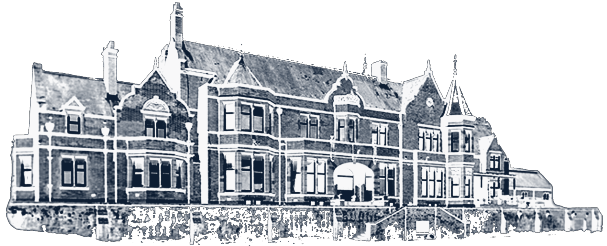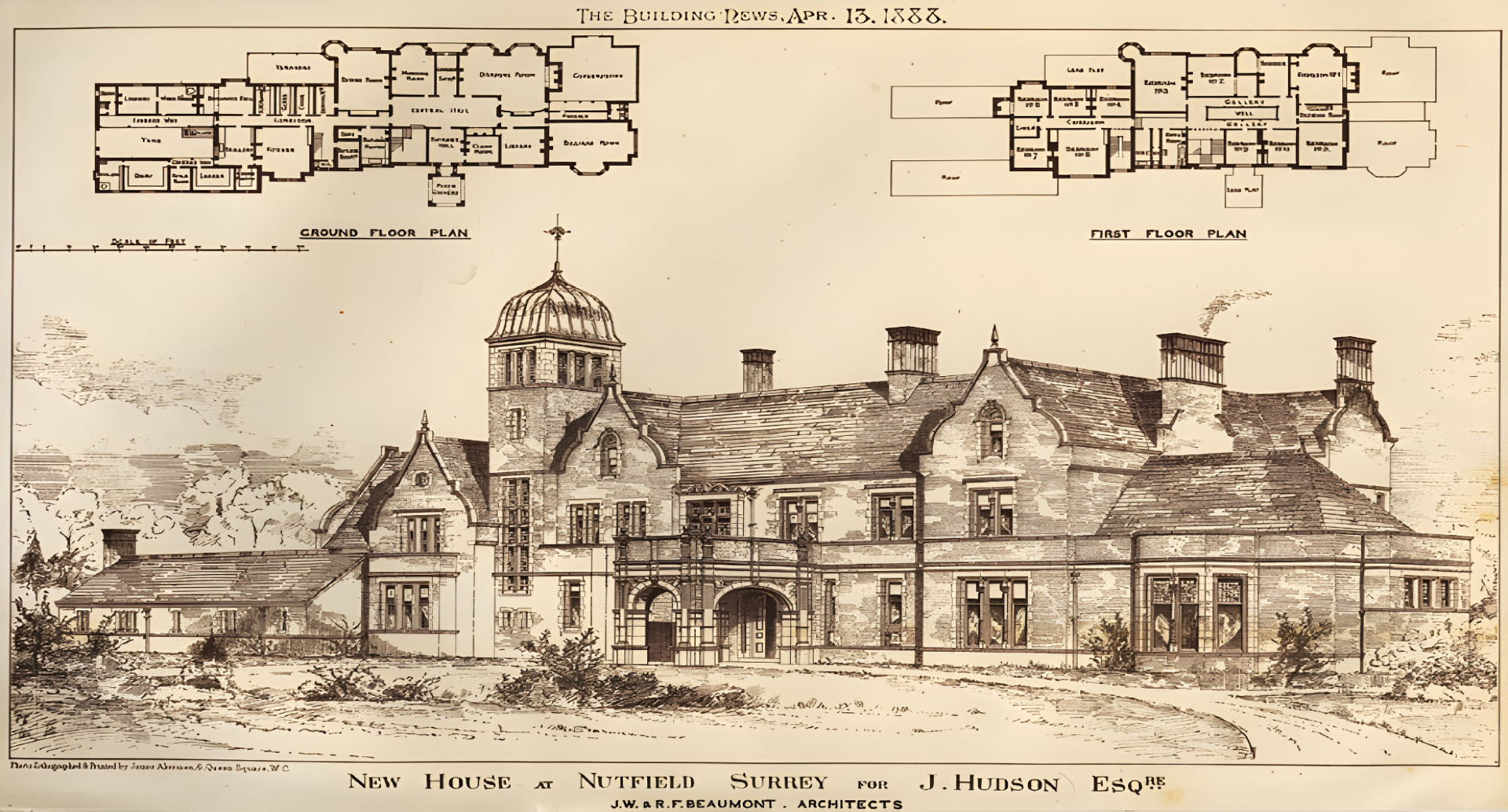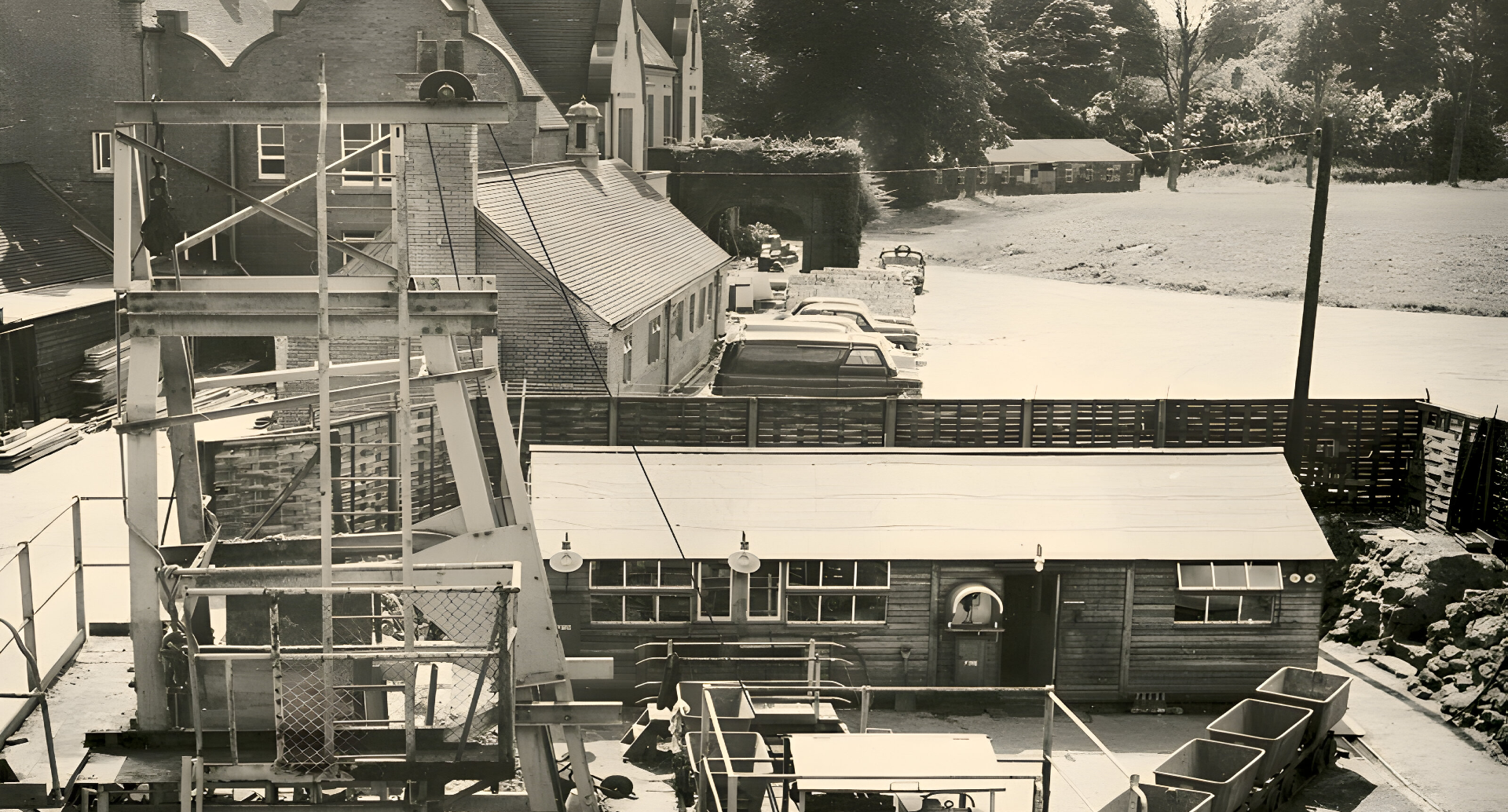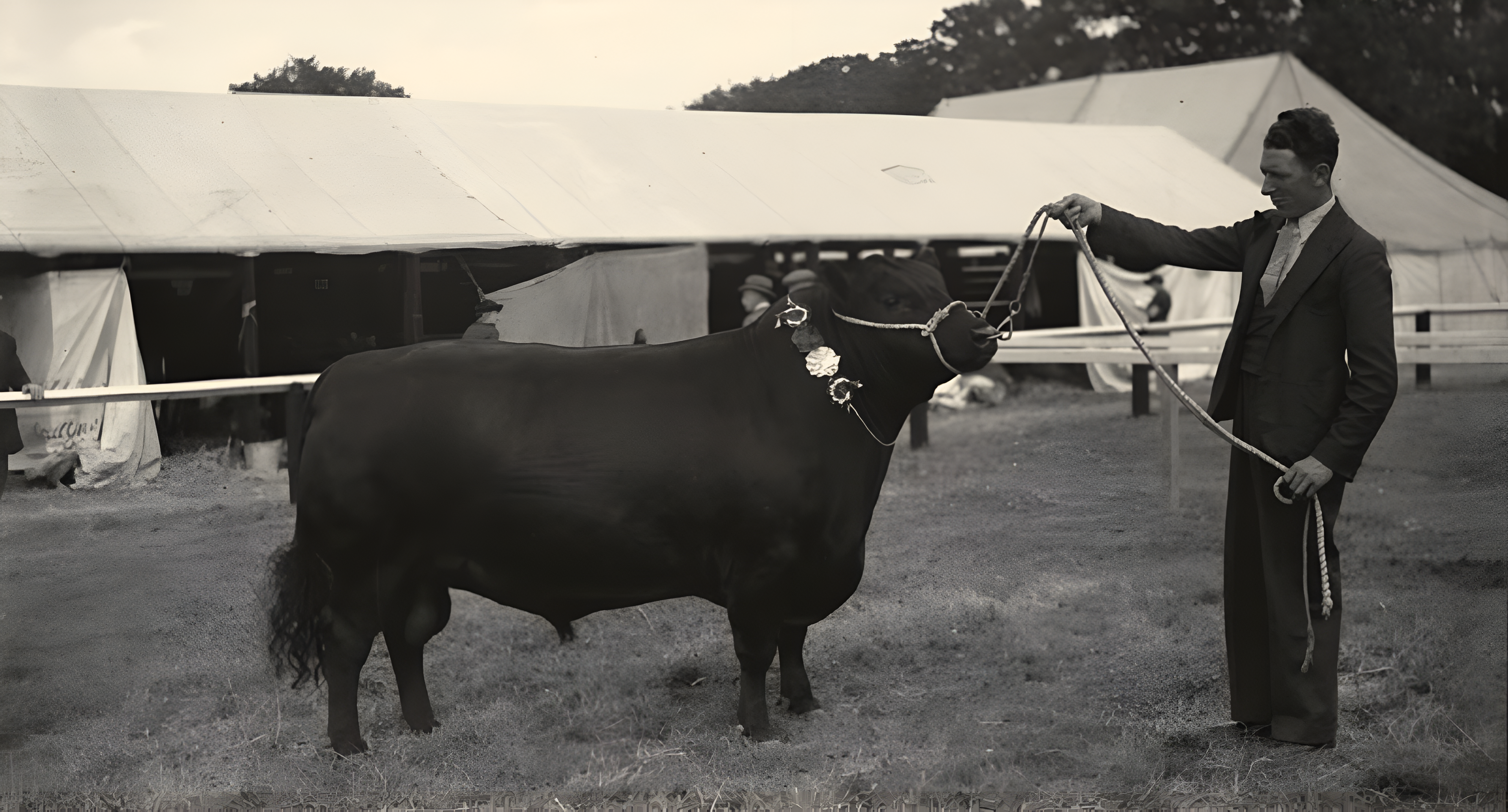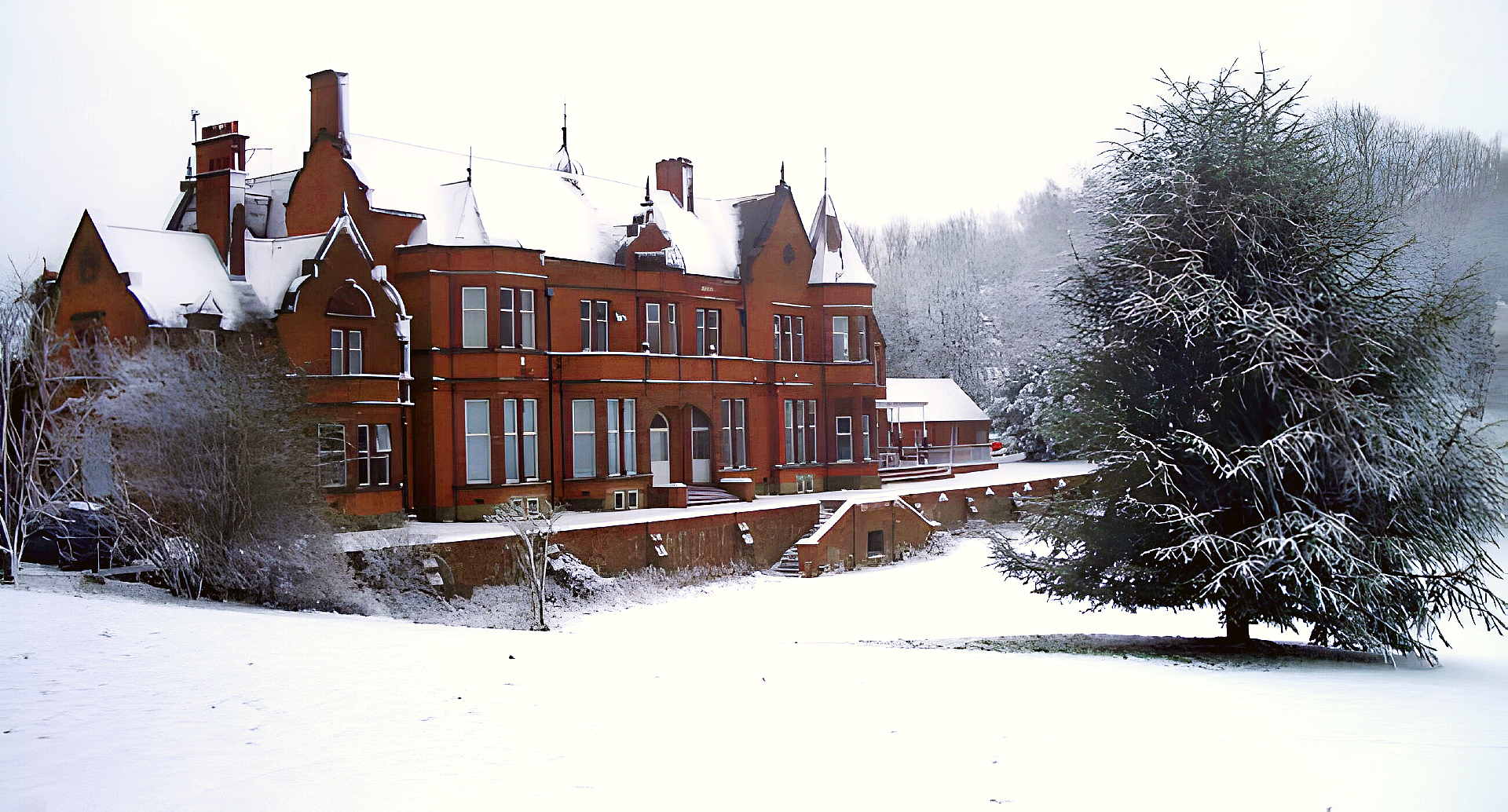A bit more about us
Welcome
Welcome to Robert Denholm House, an impressive late-Victorian mansion which, during the week, houses serviced offices and meeting rooms and in the evenings and weekends transforms into an exciting events venue.
The large country house has been renovated to a high standard, retaining its charming original features.
Surrounded by idyllic countryside, offering fantastic views, a relaxing atmosphere and the ultimate backdrop for photos.
Perfectly positioned in Nutfield, Surrey, we offer car parking for up to 100 vehicles. Buses, coaches and even helicopters are welcome! Fantastic local accommodation and pre-book taxi service available.
The History of
Robert Denholm House
Robert Denholm House
See below for history timeline listing:

